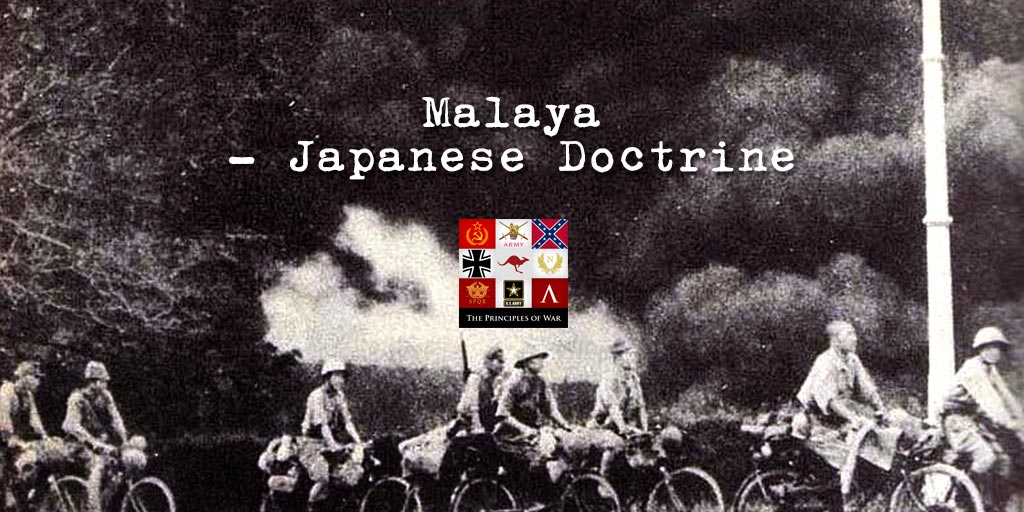If you are viewing this page on a Secured Network, you will not be able to see the webpage podcast player, so the best way to listen to the podcast is either on this page from a civilian PC, visit this page on your mobile phone or download the podcast episode either on an Android podcast player like Castbox or Podcast Addict or on the Apple Podcasts Player from iTunes.
Allied Doctrine had seen little development between the war with significant budget cuts. The Army was relegated to an Imperial policing role. It is very Command and Control way of managing the battle and managing the troops.
We look at Sir John Dill and his visit to Tannenburg and his interpretation of ‘Mission Command’.
Malaya was a very laissez-faire appraoch from the British point of view, with some units preferring not to train in the jungle.
LT COL Ian Stewart from the Argyll and Sutherland Highlanders. He trained one of the best battalions in Malaya. How was his training methodologies viewed at Malaya Command?
British Staff College focused on strategy, not on Brigade and Division Command, which meant that British officers struggled when commanding one up.
How did the 8th Division transition from the training for desert fighting once they landed in Malaya?
What was the thinking about Combined Arms and how was it trained for?
How did MAG GEN Gordon Bennett train the Division for the withdrawal and what where his thoughts on digging in?
How did the personalities of the individual Battalion Commanders impact each of their battalions.
The Japanese developed a Jungle Warfare in Taiwan to develop doctrine. They also conducted 10 major exercises for amphibious operations.
The reliance on the bicycle enabled rapid movements of troops with very little logistics impact.
The difference between the Japanese and British highlighted the amount of recent modern warfare experience that each Army had been subjected to.
How did the road impact the thinking for each of the commanders? How would it shape their actions and dispositions.
What is fighting for the road off the road and how did the British and Indian troops respond to this tactic?
How did the Japanese task organise for their upcoming offensive?
8th Division started from the ground up to develop their doctrine, which meant that there was still significant work to be done after first contact with the enemy.










4 comments
Sir,
Thank you for this podcast, I am finding it very interesting and informative. Hearing the Principles of War discussed in a different way really helps.
You refer to photo’s under resources (Lt Col Stewart 11:15)? It might just be me but I cannot seem to find them?
Hey Bric, well spotted. The image was upload for iTunes, but not here. I have added them. Thanks for letting me know. He is a great example of a great CO and how to prepare your Bn for combat.
The Indian troops ( Sikhs, Rajputs, Dogras, even the Gurkhas) were trained and equipped for desert warfare. I am pretty sure they got diverted to Malaya from their original destination, which was the Western desert. Better check your sources before you post this comment! Cheers.
Hi Ron, many of the Indian units were a part of the original establishment. Some had even been used by the British to put down strikes which was a part of the eroding of their moral Centre of Gravity as many of the workers were Indian. I think it gets discussed a little more in the Morale episode. It is a key part in the downfall of Malaya.